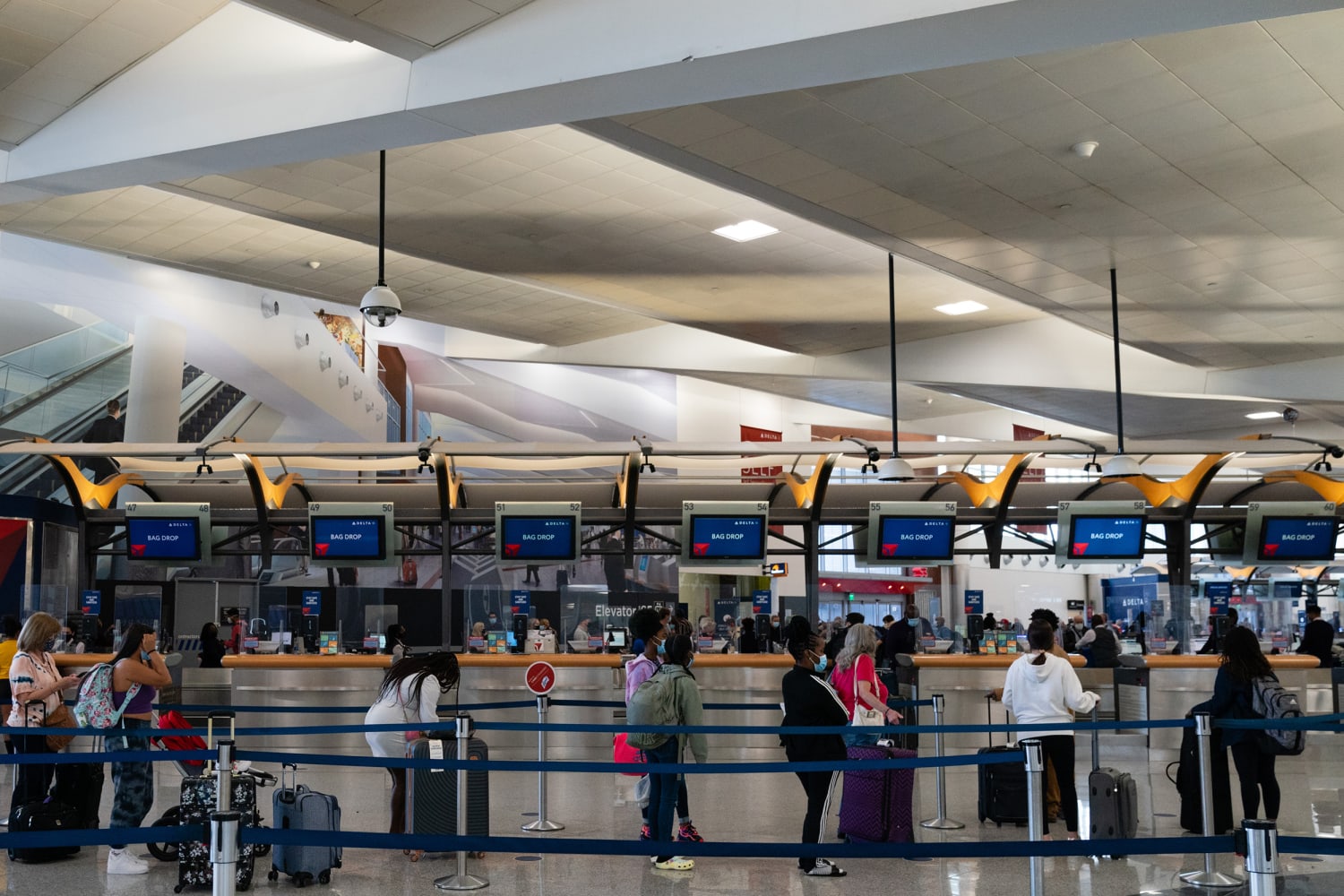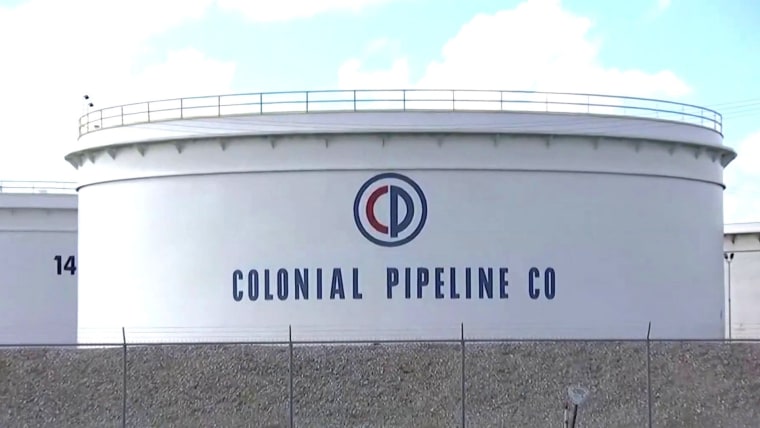While there seems to be a light at the end of the tunnel for the stricken Colonial Pipeline, as the company said Monday that it expects the outage to be resolved by the end of the week, oil analysts say drivers in the Southeast, from roughly Alabama to potentially as far north as the nation’s capital, could see brief supply disruptions.
Exactly where those sporadic shortages could occur are hard to predict, experts say, but they agree about what could make it much worse: panicking.
The Colonial Pipeline, which typically moves 2.5 million barrels of fuel per day, including gasoline, diesel and jet fuel, has been shut down since Friday, when the company’s technology infrastructure was targeted in a ransomware cyberattack.
Analysts said the problem isn’t really the prospect of higher prices at the pump, per se — gas stations can charge for gas only if they have it in their tanks to sell in the first place.
“It’s not so much a pricing event even for the affected area. This is going to be a supply event,” said Patrick DeHaan, head of petroleum analysis at GasBuddy.com.
Andrew Lipow, president of Lipow Oil Associates, said: “I expect that there will be some sporadic outages, but they will be short-lived as the pipeline restores operations.”
Had the shutdown needed weeks to resolve, he said, governments in the affected states would have wanted to consider implementing gas rationing, such as setting per-gallon daily limits and restricting fill-ups to alternate days. At the federal level, the government is suspending regulations on an emergency basis (as it has sometimes done after major hurricanes) to make it easier for trucks to ferry fuel to cities squeezed by the shutdown.
Landlocked Southern cities — Atlanta, in particular — risk running low on fuel, numerous oil analysts said. Of particular concern is Hartsfield-Jackson Atlanta International Airport: The airport, the primary hub of Delta Air Lines, was the country’s busiest before the coronavirus pandemic. The sharp curtailment of air travel, particularly business travel, is a silver lining in this case, an expert said.
“Large airport tank farms typically hold four to five days’ supply, and with activity — particularly international, which consumes the greatest gallon uplift per flight — still depressed, this is probably closer to six to seven days’ supply,” airline industry analyst Robert W. Mann said.
Restoring pipeline operations by the end of the week, he said, will be “touch and go,” but it should be soon enough to avoid canceling flights, rerouting passengers and switching out planes — all options that carriers probably would have had to explore, he said.
If the outage had been projected to drag on for multiple weeks, refiners along the Gulf Coast could have been forced to throttle production, because they would have no place to pump the refined product. “If the pipeline doesn’t restart, refiners have to reduce their operation, because they’re going to run out of storage space,” Lipow said.
DeHaan said any event that would slow refining capacity heading into the summer driving season would be bad news. “Ahead of Memorial Day, to have a refinery partially shut down, that’s not a great outcome,” he said. “There’s going to be some ripple effects just contingent on how long this continues.”
The worst response from the public, industry professionals said, would be to hoard gasoline, which could squeeze supply even more in the short term and distort consumption behavior in a way that could cause unintended consequences.
“This is definitely a bad situation. Price will be impacted, but it won’t be anything like the number of likely outages we could see, especially if motorists panic and hoard,” DeHaan said.
It remains to be seen whether pipeline operations will be restored soon enough to avoid canceling flights, rerouting passengers and switching out planes.
John Hall, chairman of the London-based Alfa Energy Group, said, “If panic buying kicks in, prices could rise further well over the $3 level, but until the pipeline operator can say the line is up and running, the backlog will build and concern will remain.”
There are other ways to get fuel to areas where supply could be at risk, but they are slower, more fragmented and pricier.
“There’s a lot of moving pieces, logistically,” DeHaan said. Cities with port access, like Savannah, Georgia, or Charleston, South Carolina, might be able to get fuel via tanker vessel, and a smaller pipeline, the Plantation Pipeline, could make up some of the shortfall, but because its capacity is less than a third of that of the hobbled Colonial Pipeline, it would be “a trickle,” he said.
“Shortages … are already starting to happen,” he said, noting that the GasBuddy app just activated a feature — more typically used after natural disasters — that lets drivers see at a glance which gas stations have fuel.
“The more hoarding happens, the longer this event impacts supply,” DeHaan said. “Hoarding is going to drastically strain the system … because there’s no intermediate breathing room.”
Source: | This article originally belongs to Nbcnews.com











